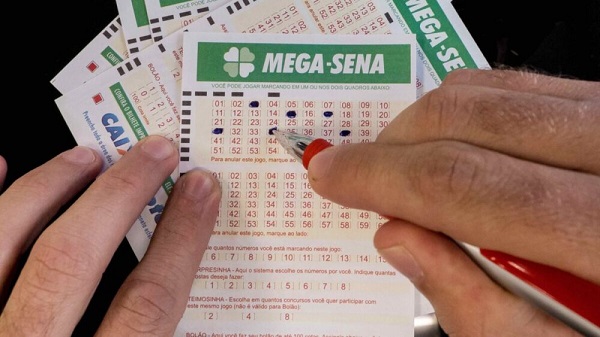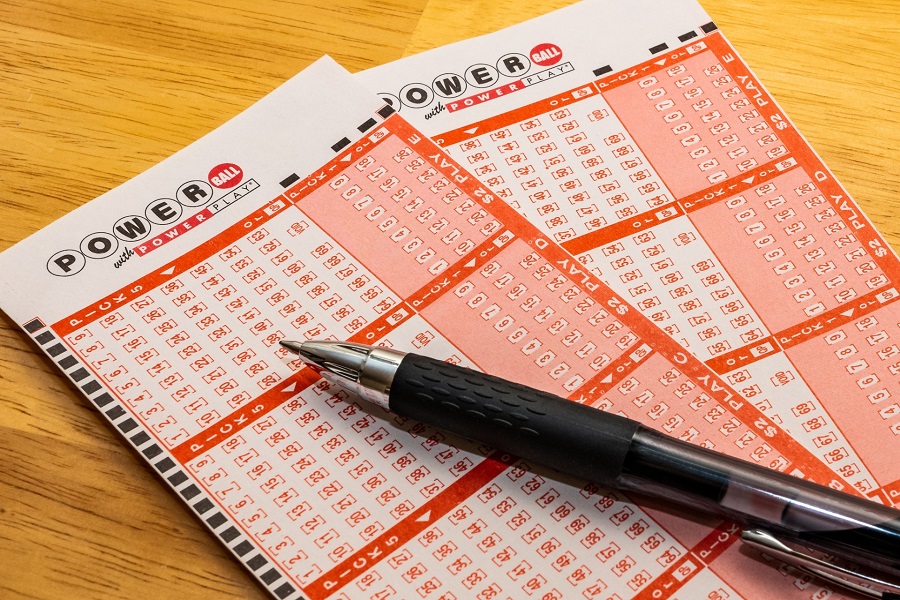Exploring the World of National Lotteries: History, Rules, and Popularity

Lotteries have been a part of human history for centuries, captivating the imaginations of people worldwide. The allure of potentially winning vast sums of money for a small investment is a powerful draw. This article explores national lotteries from various countries, comparing their rules, historical backgrounds, and the reasons behind their immense popularity.
History of the Occurrence of Lotteries
The concept of lotteries can be traced back to ancient times, where they were used for different purposes, ranging from funding for government projects to charitable causes. The first recorded signs of a lottery are keno slips from the Chinese Han Dynasty between 205 and 187 BC. These lotteries helped finance major government projects, like the Great Wall of China.
In Europe, lotteries became popular in the 15th century, initially organized to raise funds for the poor or for fortifications. The first known European lottery in which tickets were sold to the general public was held during the reign of King Francis I of France in 1539. The idea spread quickly across Europe, and by the 17th century, lotteries were a common means of raising funds for various public purposes.
What Are Lotteries?
At its core, a lottery is a form of gambling that involves drawing numbers at random for a prize. Participants buy tickets, which are then entered into a drawing. The prizes can range from cash to goods and even services, depending on the specific lottery.
Lotteries come in various formats. The most common is the ‘numbers game’, where players choose numbers and win if these numbers are part of the drawn set. Another popular type is the ‘scratch-off’, where players scratch off a covering to reveal whether they’ve won an instant prize.
Despite the different formats, the essential element of chance remains the same. The odds of winning are usually quite low, but the potential rewards are high enough to keep players interested.
Rules for the Game and Reasons for Its Popularity
Each lottery has its own set of rules, often determined by the legal framework of the country in which it operates. These rules dictate everything from the age of participants to the percentage of earnings allocated to prizes and administrative costs.
One reason for the popularity of lotteries is their simplicity. Anyone can play, regardless of their knowledge of gambling or strategies. This accessibility makes lotteries appealing to a broad audience.
The dream of life-changing winnings is another significant draw. For many, the lottery represents a beacon of hope, a chance to escape financial struggles or to attain a luxurious lifestyle.
Lotteries also benefit communities, as a portion of the proceeds often goes towards public projects and charities. This aspect adds a sense of social contribution to the thrill of participation.
Moreover, the publicized stories of lottery winners create a buzz and encourage others to play, dreaming of achieving similar success.

Comparison Between Different National Lotteries
Lotteries vary significantly from one country to another. In the United States, for example, the Powerball and Mega Millions are renowned for their large jackpots. In Europe, national lotteries like EuroMillions offer cross-border participation, increasing the prize pool.
Some countries have unique lottery traditions. In Spain, the ‘El Gordo’ Christmas lottery is a major event, known for its high participation rate and large prize pool.
Conclusions About National Lotteries
While lotteries are a form of gambling, they also serve as a cultural phenomenon, reflecting the histories and values of different societies. The chance of winning big, the simplicity of play, and the contribution to society are key factors in their enduring popularity.
In conclusion, lotteries remain a fascinating aspect of global culture, offering insight into the human psyche and the allure of chance. Despite their differences, national lotteries share a common thread – the dream of a life-changing win.
